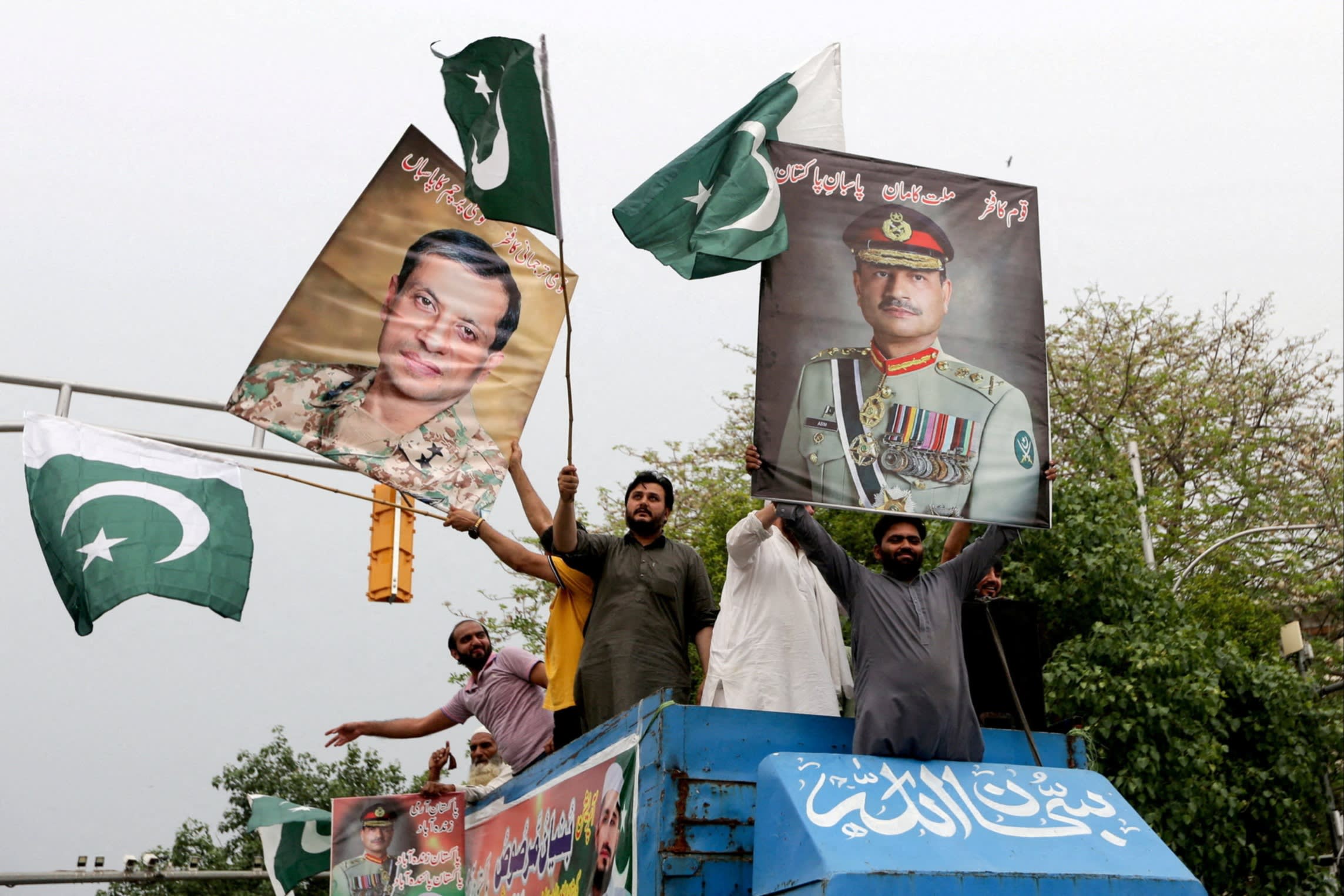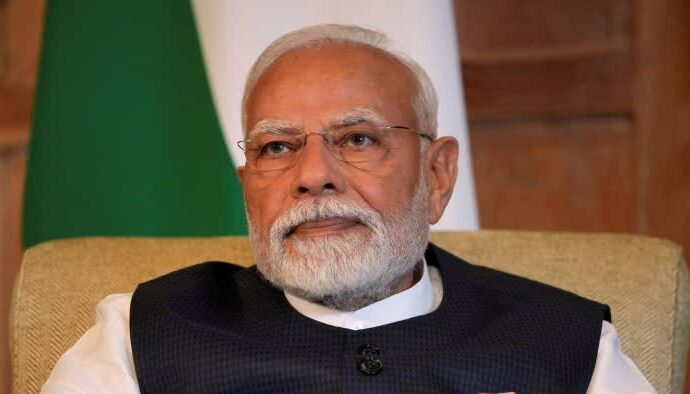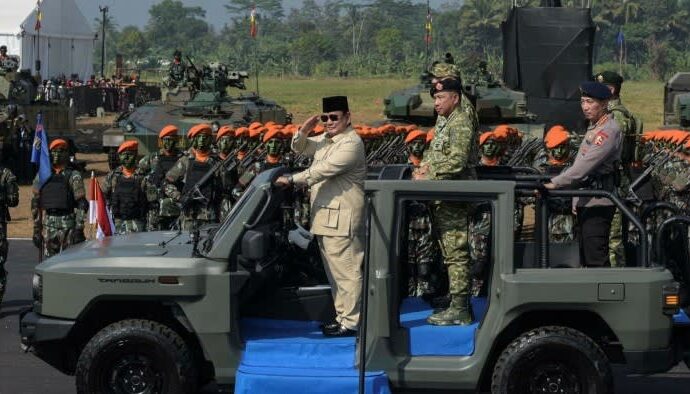Unlock the Editor’s Digest for free
Roula Khalaf, Editor of the FT, selects her favourite stories in this weekly newsletter.
Pakistan’s military has called on the international community to restrain India from renewed hostilities, warning that further attacks would prompt Islamabad to “hit even harder” after they exchanged fire this month.
“Pakistan and India are two nuclear powers. If the Indians want to have a military conflict, they are playing with fire,” Lieutenant General Ahmed Sharif Chaudhry, a spokesperson for the country’s armed forces, told the Financial Times at the army’s general headquarters in Rawalpindi.
“We will hit even harder if they try to violate the ceasefire,” Chaudhry added.
Chaudhry’s warning will raise concerns about a resumption of violence after a brief but fierce cross-border conflict this month. Both countries launched waves of missile and drone attacks deep into each others’ territories, killing civilians on both sides and bringing the nuclear rivals to the brink of all-out war.
Indian Prime Minister Narendra Modi boasted days after US President Donald Trump announced a ceasefire on May 10 that strikes against military targets deep inside Pakistan represented a “new normal” in which India would retaliate over terror attacks not only against the perpetrators but also their sponsors.
“The international community should tell them that this is not the way nation states behave,” Chaudhry said.
New Delhi launched the initial barrage in response to a terror attack that killed 26 people in April in Indian-administered Kashmir, which it alleges Islamabad was behind. Pakistan denies any connection and has called for an independent investigation.
Chaudhry denied that Pakistan had any involvement in supporting terrorism, a long-standing Indian accusation, and said New Delhi had launched its attack “under false pretences”.

Chaudhry also hailed Trump as a “statesman”, saying the US played an “important role” in ending the hostilities.
He said Pakistan’s military welcomed Trump’s offer to mediate talks over Kashmir, which both countries claim and control parts of, but said a “comprehensive dialogue” should include cross-border terrorism and extrajudicial assassinations.
New Delhi has denied that Washington played a role in brokering the ceasefire, which it said was agreed bilaterally, and has insisted that talks over Kashmir not include external partners.
Pakistan has also accused India of backing a surge in militant violence in its volatile western provinces, as well as pursuing what Chaudhry called “transnational killings”.
On Wednesday, a bombing on a school bus in Balochistan province killed at least three children. Pakistan’s military blamed the attack on “Indian terror proxies” without providing evidence.
India’s foreign ministry did not immediately respond to a request for comment on the attack on Wednesday, but New Delhi has in the past denied any involvement in terrorism in Pakistan.
The Canadian government has also accused India of orchestrating the assassination of a Sikh separatist in 2023, and the US charged an Indian official last year over an foiled assassination plot in New York. New Delhi has strongly denied involvement in either plot.
Pakistan’s military, which has taken a more direct role in the economy and policymaking in recent years, has enjoyed a surge of domestic support following the conflict, particularly after it announced it had downed six Indian fighter jets, including French-made Dassault Rafales. India has not confirmed the downed jets.
Pakistan Prime Minister Shehbaz Sharif on Tuesday promoted army chief Asim Munir to field marshal, a rank last held by Ayub Khan, Pakistan’s first military dictator who ruled from 1958 to 1969.
While the promotion is symbolic, it signalled Munir’s rising influence in a country where the military has already captured most of the levers of power.
Sharif praised Munir’s “exemplary leadership”, which he said had “crushed [the] enemy’s nefarious designs and brought great honour”, in a post on social media platform X.
Additional reporting by Andres Schipani in New Delhi

